
Dr. Sebastian Cuzincu
Gastroenterology and Internal Medicine
Abdominal pain can be a symptom of a wide range of medical conditions and can manifest in different ways depending on the
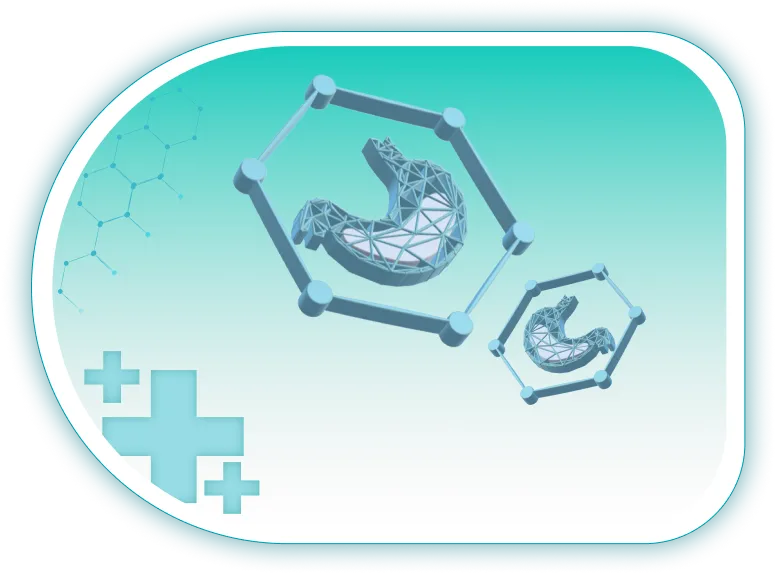
Abdominal pain is a common symptom that can be caused by a wide range of medical conditions. If you are experiencing abdominal pain, it is important to seek medical attention as soon as possible to determine the cause of your symptoms and receive appropriate treatment.
At German Medical Center, we specialize in the diagnosis and treatment of abdominal pain. Our team of experienced medical professionals will work with you to identify the underlying cause of your symptoms and develop an individualized treatment plan.
If you are experiencing abdominal pain, do not delay seeking medical attention. Contact German Medical Center today to schedule an appointment with one of our experienced medical professionals. Our team will work with you to diagnose the underlying cause of your symptoms and develop an individualized treatment plan to help you find relief.
Don’t suffer from abdominal pain any longer. Contact German Medical Center today to schedule an appointment and receive lower abdominal pain treatment with one of our experienced medical professionals.
Our team of experts are passionate about providing only the best quality care and treatment to their patients.

Gastroenterology and Internal Medicine
A cutting-edge medical technique that plays a crucial role in diagnosing and treating disorders of the bile ducts, pancreas, and gallbladder....
Liver Elastography – an advanced medical imaging technique designed to assess the health of your liver with precision and non-invasiveness....
Colorectal cancer (CRC) is a type of cancer that affects the colon or rectum. It can develop from small growths called polyps in...
Stomach cancer, also known as gastric cancer, can cause a range of symptoms. However, it's important to note that not everyone...
Liver cancer is a serious and potentially life-threatening condition that requires prompt diagnosis and treatment....
Colon polyps are usually detected during a routine colonoscopy. During the procedure, a long, flexible tube with a camera on the...
Pancreatic cancer often does not cause symptoms in its early stages....
Gastrointestinal Stromal Tumor of Stomach (GIST) is a rare type of cancer that affects the digestive system, particularly the...
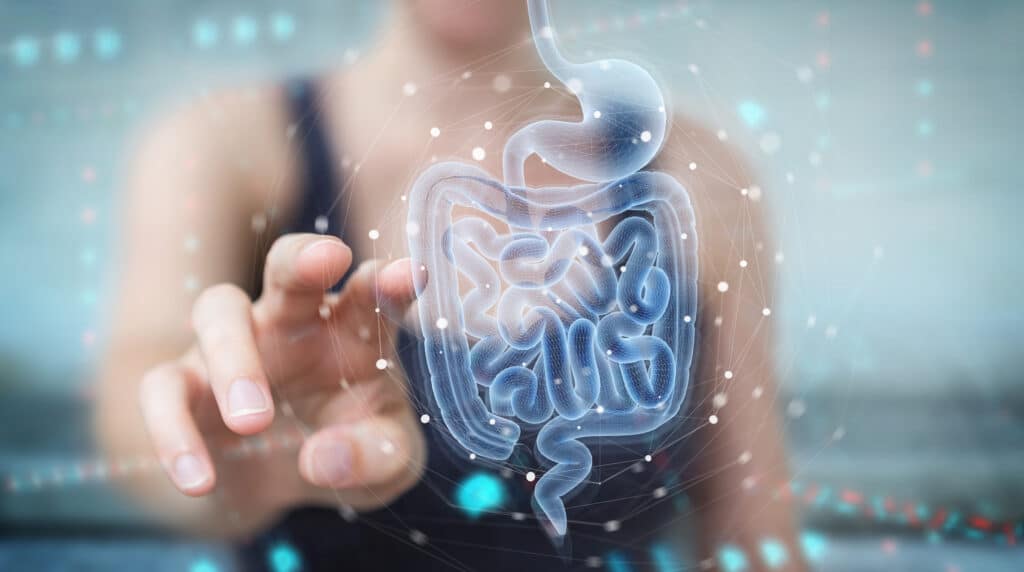
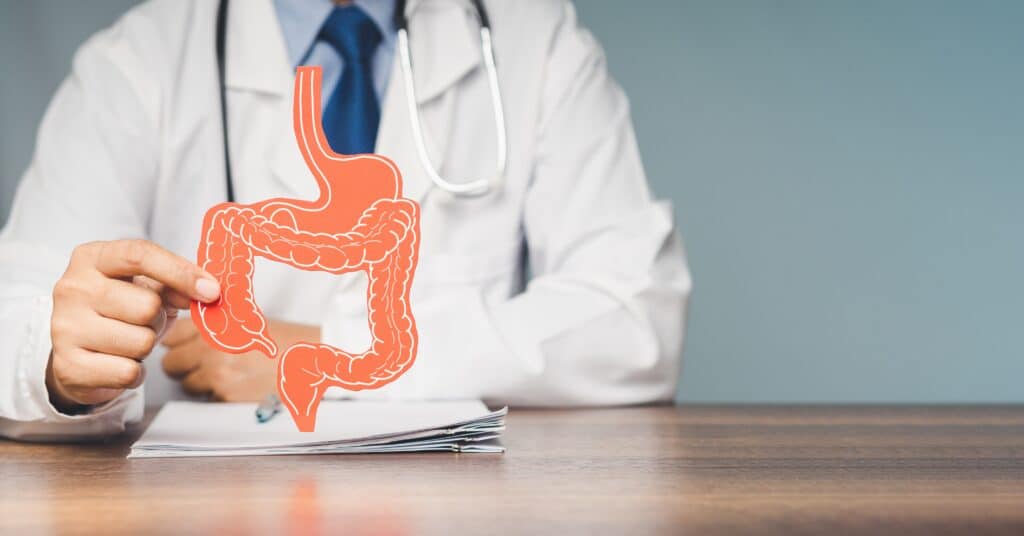

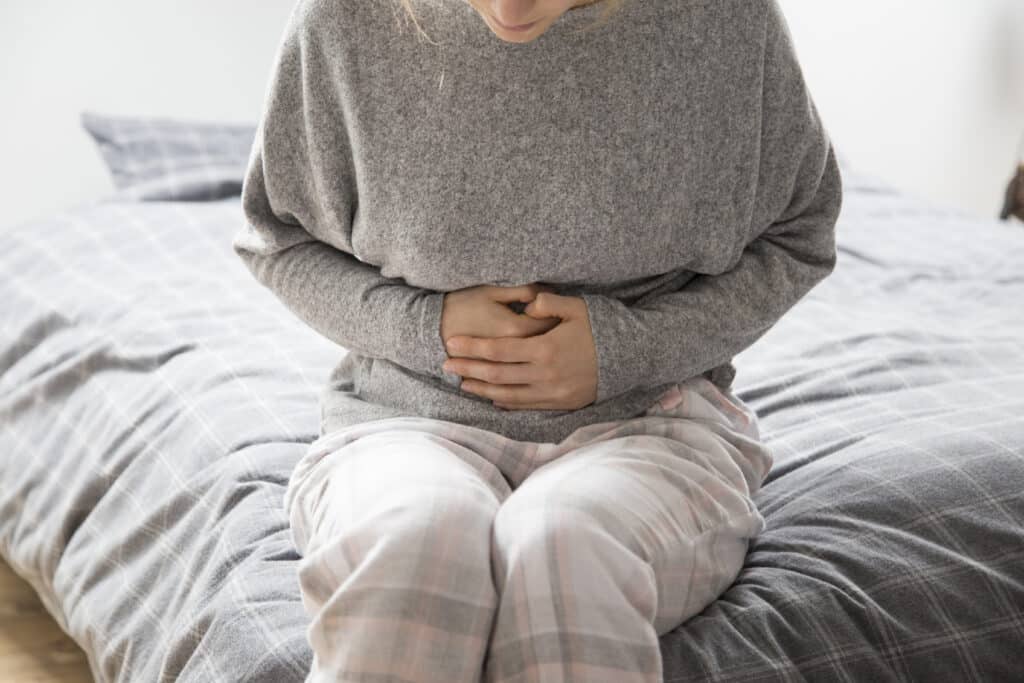
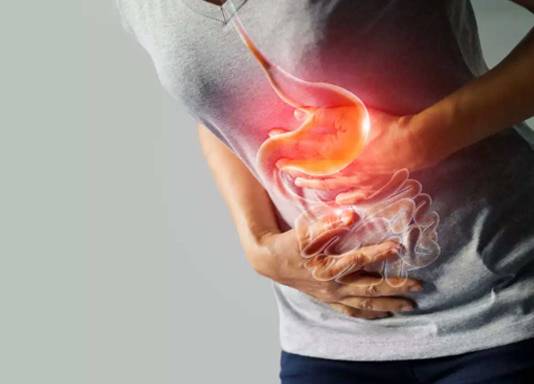

Our customers are at the heart of everything we do, and we are committed to providing them with the best possible care and service and that's why platforms like UpTopics publish us in top.


(4.5)
Based on 174 Google Reviews

Partner with:
Partner with:


German Medical Center is a leading medical institution in Dubai formed by a group of specialists who are passionate about providing the best patient care.
Fill out our easy online form to book an appointment with German Medical Center. Our team of experts is dedicated to providing you with personalized care and guidance every step of the way. Don't wait, take charge of your well-being and schedule your appointment now!